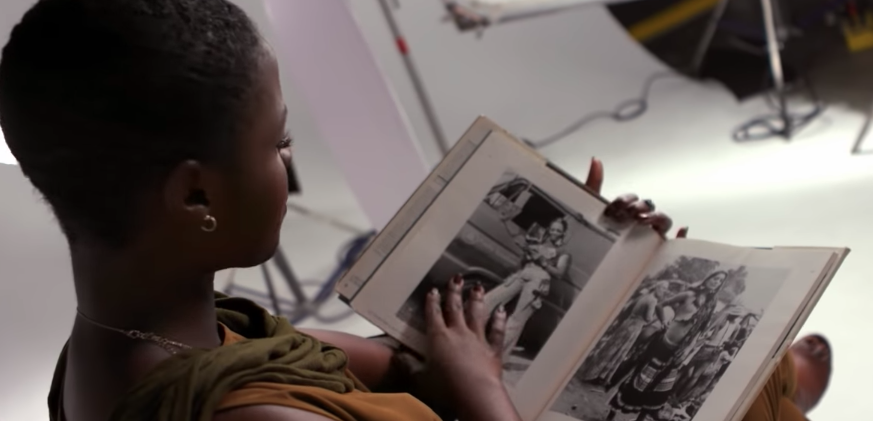The new Netflix documentary Feminists: What Were They Thinking? revisits the women pictured in Cynthia MacAdams’s 1977 photography book, Emergence, immersing the audience in the contemporary views of some of the most famous names of second-wave feminism.
Fearsome and bold, each woman — from Gloria Steinem, Lily Tomlin and Jane Fonda to Phyllis Chesler and Meredith Monk — who appears on screen is taken aback by her photo. And then she tells her story.
Back-alley abortions. Husbands who abused and abandoned them. Powerlessness. But also the story of a little girl who doesn’t care if she is pretty or good and throws herself at every challenge she sees — the girl who slowly disappears into adolescence, her worth bent to nothing as she realizes all her capabilities are meaningless in the eyes of a man.
[Read more: Review: ‘Reversing Roe’ is a dated, biased documentary]
The film covers a wide variety of issues in only an hour and a half, but this allows for a diversity in stories, none of bad quality. Feminists is a great introduction to the power of the women’s movement and what it encompasses. Like the movement it captures, the documentary does not limit itself to one issue at a time. The photographs that ground the film show femininity in all its multitudes.
“How did she convince all these women to take their clothes off?” laughed artist and activist Laurie Anderson as she looks back on photos of herself and her contemporaries.
In Emergence, the female form isn’t displayed for another’s sexual gratification, but for self-enjoyment and fulfillment. MacAdams’s work inverts messages behind centuries of art presenting a woman’s naked body for the male gaze. Her photos communicate to the viewer that a woman’s body is completely her own.
Ironically, this documentary is subject to a common critique of women’s art the film itself works to challenge: the brush-away claim that it is too sentimental, too emotional and not a serious work of art. The film is sentimental and emotional, but that doesn’t make it unimportant or unworthy of attention. Before a viewer casts the film aside as dramatized or silly, I would urge them to consider why we are so eager to throw away any attempt for a woman to tell her own story.
The viewing of activist pieces as “not good enough” is well-known. Art produced by women and minorities that attempts to broach serious topics is often given harsher treatment than the plethora of material that is dominated by the voices and perspectives of white men.
[Read more: Review: ‘American Chaos’ says nothing new about the 2016 election]
Unlike many historical capturings of the feminist movement, Feminism doesn’t shy away from intersectionality within the community and how these issues have been challenged. Feminism addresses the exclusion of black women within the feminist movement to highlight the many accomplishments of black feminists and other feminists of color.
The women who speak on the feminist movement in the movie have experienced agony and ecstasy. But they also recognize the dire need to protect and support women who are fighting, whose very existence is thought of as a sin. The documentary works to capture not only the spirit of women, but the truth that women’s existence is inherently political and women must fight for who they truly are.
The documentary perfectly balances the old and the new, the ways feminism has grown and the way forward it must continue to march. It fearlessly shows us beauty and ugliness, women who painstakingly created something in a world of men, not to be accepted by them but in defiance of them. Rights demanded for half of the world, equality demanded for all of it.
3.5/4 Shells.



